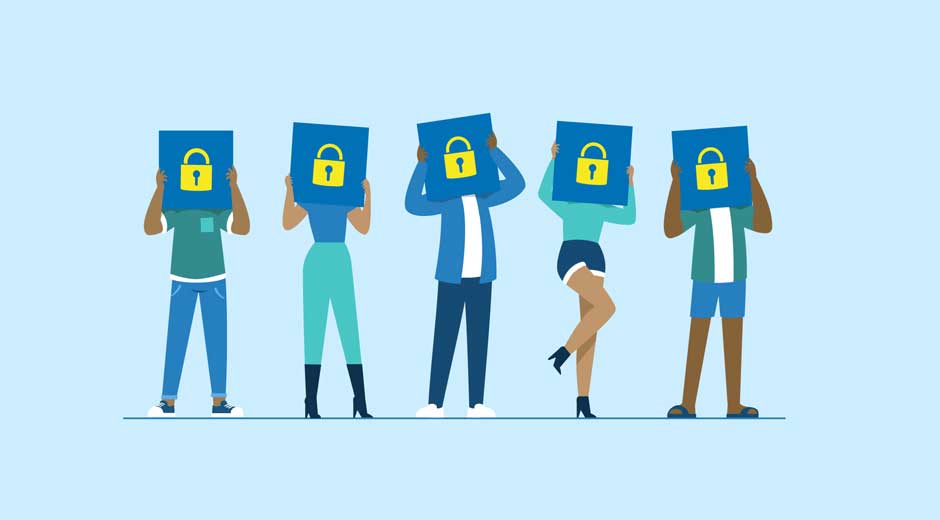In today’s highly digital age, safeguarding our online privacy has become paramount. With the constant threat of identity theft and data breaches lurking in the shadows of the internet, taking proactive measures to protect your personal data is more crucial than ever.
Thankfully, there are things that you can do to preserve your information – you just need to know where to get started. In this article, we will discuss five essential steps you should take to fortify your online presence.
Use a Data Removal Service
One of the best ways to protect your privacy online is to utilize a data removal service. These specialize in removing your personal data from websites and search engines, making it harder for malicious entities to access your information.
By taking control of what is publicly available about you, you can significantly reduce the risk of identity theft and enhance your overall privacy. It’s especially useful for those who are applying for a job as it can improve your overall reputation.
To get started, check out DeleteMe, a popular online privacy service. Their team of professionals can help request the removal of user data using both automated methods and human intervention.
Regularly Update Software
Software updates are vital as they often include patches for security vulnerabilities. Set your devices to update automatically so that you always receive the latest protections.
This is particularly important for operating systems, antivirus software, and browsers. Regularly updating these can prevent exploitation by malware and cyber-attacks aimed at outdated systems.
Be Cautious with Public Wi-Fi
Public Wi-Fi, such as those at cafes, hotels, and airports, are notorious for their lack of security. To protect your data while using these networks consider using a VPN (Virtual Private Network).
A VPN encrypts your internet traffic, masking your activities from hackers. Additionally, avoid accessing sensitive information, like banking details, unless absolutely necessary.
Use Strong Unique Passwords
Crafting a strong password is your first line of defense against unauthorized access. Utilize a password manager to generate and store complex passwords, featuring a mix of uppercase and lowercase letters, numbers, and symbols.
Password managers not only help you remember these intricate passwords but also automatically fill them in for you. This enhances both security and convenience.
Enable Two-Factor Authentication
Lastly, two-factor authentication adds a crucial layer of security by requiring a second form of verification. This can be a code sent to your mobile device, an email message, or even a biometric verification like fingerprint scanning.
Using two-factor authentication makes it harder for intruders to gain access even if your password is compromised. There are many apps available that provide easy-to-use 2FA solutions and they can be integrated with multiple services.
Final Words
As you can see from the above, ensuring your privacy online is no longer just an option, it’s a necessity. By implementing the steps discussed, you can significantly bolster your online security and protect your personal information from unauthorized access and misuse.
